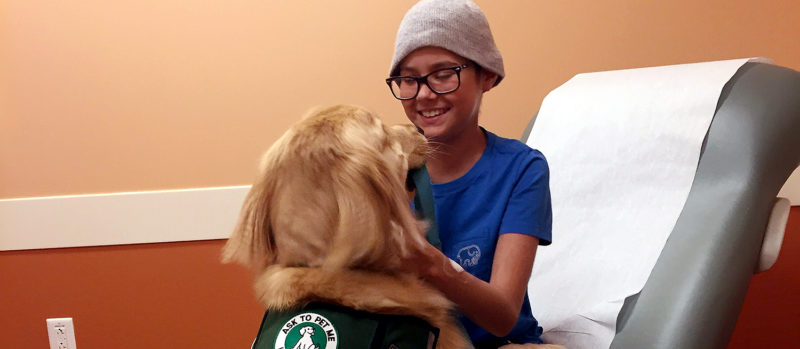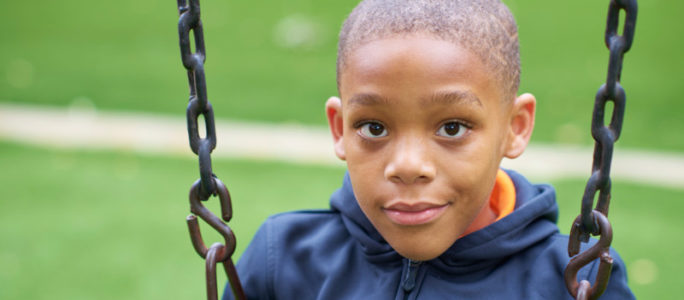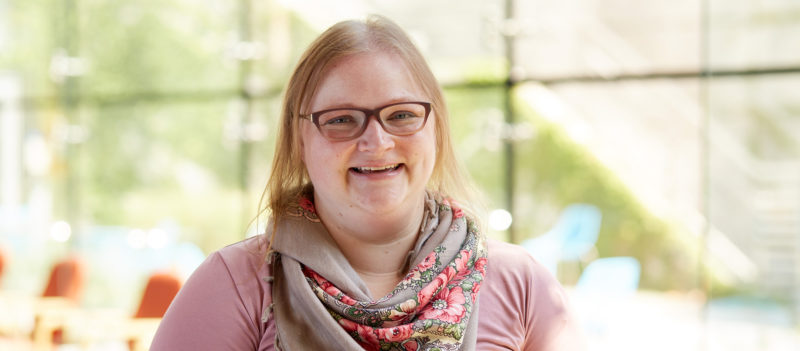As more children with cancer are thriving into adulthood, they may now be ready to consider starting a family. Our Cancer Survivorship Center and Fertility Preservation Programs are poised to help cancer survivors navigate this process.
There are many ways to become a parent and every situation is unique. We want to educate our patients so they can then advocate for the choice that’s right for them.
Your oncologist may be able to answer your questions about becoming a parent. In some cases, he or she may refer you to an oncofertility expert. This is where the Comprehensive Fertility Care and Preservation Program can help. We will work with your oncology team to determine the potential impact of your prior treatment and your fertility outlook.
If you’re a childhood cancer survivor and you’re thinking about starting a family, I’d like to arm you with some questions to begin this process. Here are things to discuss at your survivorship visit:
1. Did I do any fertility preservation before my cancer treatment?
FEMALES have the option to freeze their ovarian tissue. Older females may also freeze their eggs or embryos.
MALES have the option to freeze their testicular tissue. Older males may also freeze sperm.
2. What were the long-term effects of my cancer therapy on my fertility?
Some cancer treatments are more damaging to fertility than others, so it’s important to understand your individual risk. In general, alkylating agents (a chemotherapy drug), and radiation to the pelvic area are the most detrimental to fertility. Read a previous blog post about other considerations, such as pubertal status, age, and gender.
3. What is my current fertility status?
Your oncologist or fertility team can help you understand what your current fertility status is by running some tests. Knowing the results will help you determine your starting point and what options you may have.
FOR FEMALES. To determine your current fertility status, you will have your hormone levels checked, including AMH, or anti-muellerian hormone level. Typically, the impact to fertility in females manifests as early menopause or premature ovarian failure.
FOR MALES. To determine your current fertility status, you will have your sperm count checked. Typically, the impact to fertility in males manifests as a low or absent sperm count.
4. What are my options if I did fertility preservation?
If there was time to preserve your fertility before treatment, your options are dependent upon what you preserved.
FOR FEMALES. If you froze eggs or embryos, you may consider moving forward with in vitro fertilization (IVF). The American Cancer Society does a great job of explaining how all of this works on their website.
If you preserved your ovarian tissue, it may be possible to use it to become pregnant. More than 160 babies worldwide have been born this way but it is still considered a research procedure in most countries, including the United States. There is still very little experience with this technique in ovaries frozen at a very young age. Essentially, the strips of tissue are placed back onto the ovary that remains. In simple terms, this should restore hormones and functionality to the ovary for a window of time. The period of time for which this works is variable, from months to years.
FOR MALES. If your sperm was preserved, it can be used to fertilize an egg through in vitro fertilization. The American Cancer Society explains this in detail on their website.
If you preserved your testicular tissue, the procedures to make pregnancy happen are still within the research phase. To date there have been no successful human pregnancies utilizing cryopreserved testicular tissue.
5. I did not do fertility preservation, now what?
If you did not preserve your fertility but are looking to become a parent, speak to your oncologist and fertility team. A member of the fertility team can discuss your risk and perform an initial evaluation. There are many ways to become a parent. The Comprehensive Fertility Care and Preservation Program is here to help.
For more information about our Comprehensive Fertility Care & Preservation Program please email fertilityconsult@cchmc.org or call 513-636-7781.





